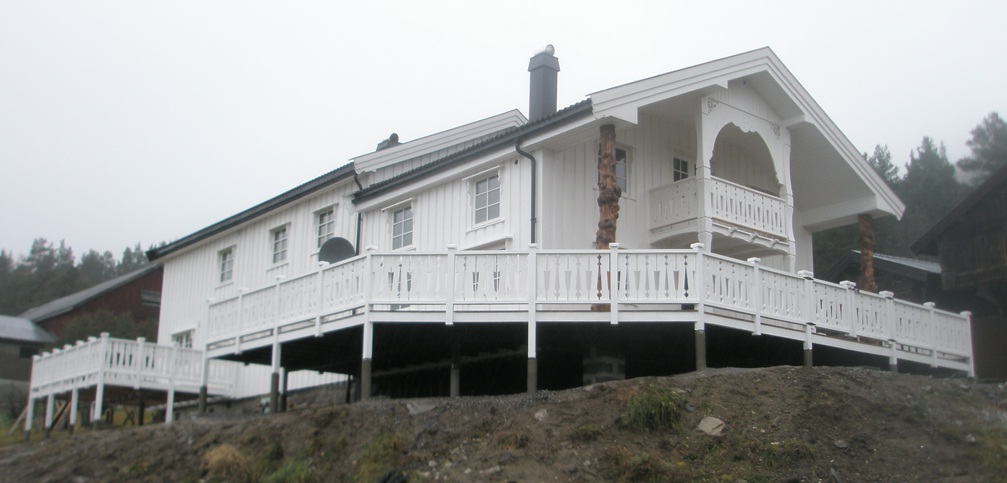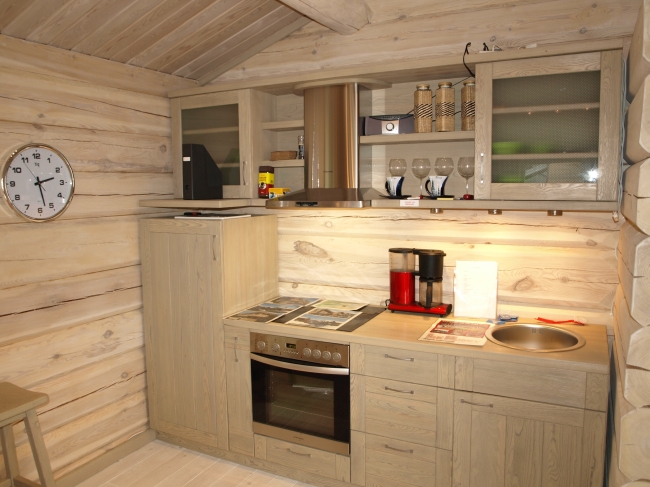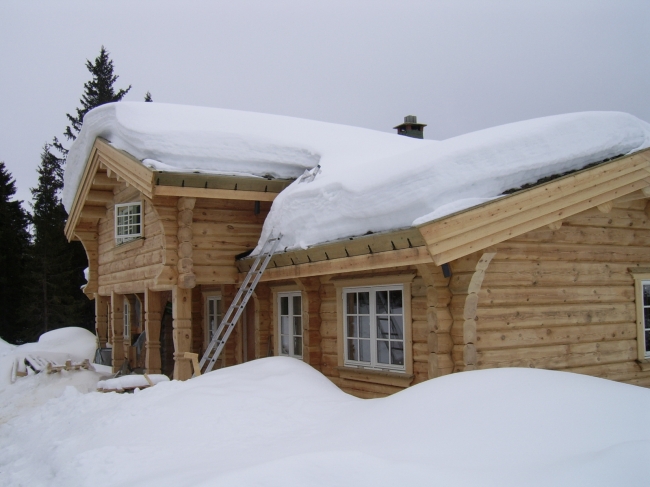Are you considering buying or renting a property in Sweden? The Swedish housing market has been a hot topic of discussion in recent years, with rising prices and the limited availability of housing. In this article, we’ll take a closer look at the current state of the housing market in Sweden and provide some insights into what you can expect as a potential buyer or renter.

Firstly, it’s important to note that the Swedish housing market is highly regulated, with strict laws governing rent control, tenancy rights, and property sales. This has helped to maintain a relatively stable market, with prices increasing at a slower rate than in other European countries. However, it also means that the availability of affordable housing is limited, especially in urban areas where demand is high.
In recent years, the Swedish housing market has seen a significant increase in prices, particularly in Stockholm and other major cities. This has been driven by a combination of factors, including a growing population, low interest rates, and a lack of new construction. According to data from the Swedish National Board of Housing, Building, and Planning, the average price of a house in Sweden increased by 8.4% in 2021, with apartments increasing by 8.7%.
While this may sound daunting for potential buyers, it’s worth noting that the Swedish housing market has historically been less volatile than other markets, with prices remaining relatively stable even during economic downturns. Additionally, the Swedish government has implemented several measures to help make housing more affordable for first-time buyers, including tax breaks and subsidies.

For renters, the Swedish housing market can be a mixed bag. On one hand, the rent control laws ensure that tenants are protected from steep rent increases and unjust evictions. However, the limited availability of housing can make it difficult to find a suitable property, especially in highly sought-after areas. Additionally, many rental properties in Sweden come unfurnished, which can be a challenge for expats or those moving from overseas.
So, what does all of this mean for someone looking to buy or rent a property in Sweden? Firstly, it’s important to do your research and familiarize yourself with the local housing market. Take the time to research different neighborhoods and property types, and work with a reputable real estate agent who can guide you through the process.
If you’re considering buying a property, it’s important to be prepared for a potentially lengthy and complex process. In Sweden, the property buying process typically involves several steps, including obtaining a mortgage, conducting property inspections, and negotiating the terms of the sale.

For renters, it’s important to start your search early and be prepared to be flexible in terms of location and property type. Consider working with a rental agency or utilizing online resources to help you find suitable properties. Additionally, be prepared to provide references and documentation to potential landlords, as the rental market in Sweden can be quite competitive.
Overall, the Swedish housing market presents both opportunities and challenges for potential buyers and renters. While rising prices and limited availability can be a barrier for some, the stable and regulated nature of the market provides a sense of security for those who do manage to secure a property. Whether you’re looking to buy or rent, taking the time to do your research and working with reputable professionals can help you navigate the Swedish housing market with confidence.